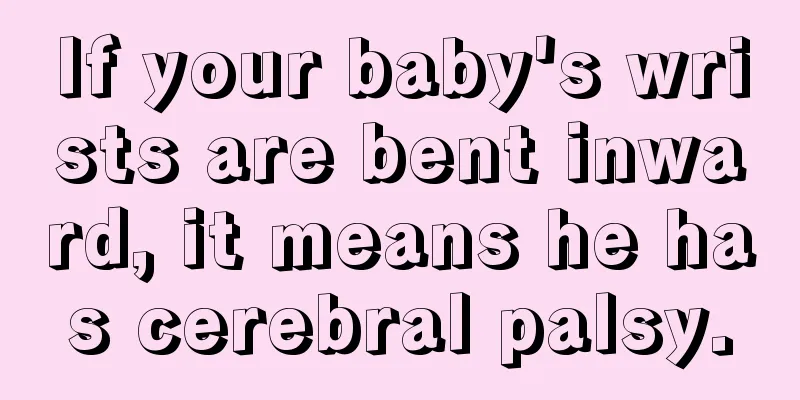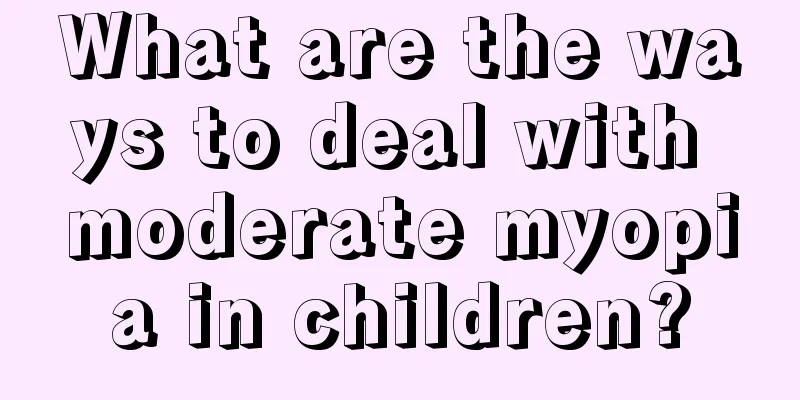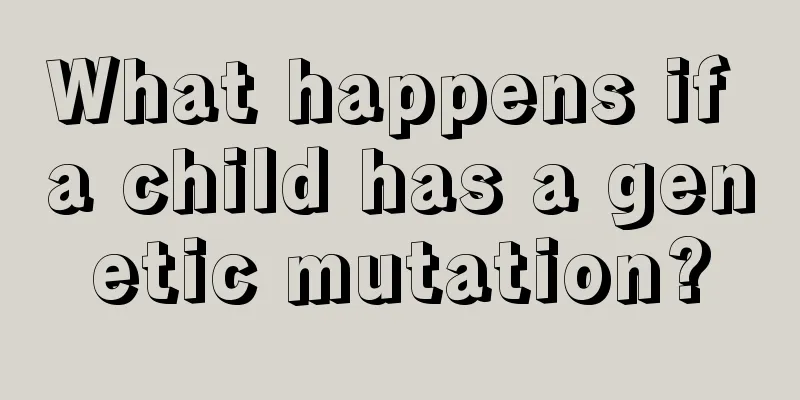What are the characteristics of mentally retarded babies

|
I don’t know what’s wrong with the child. He doesn’t seem to be that smart. He can’t remember simple numbers and can’t write them. Every time we talk to the child, he responds with "hehe". He doesn't like to talk usually, and his family is very anxious. Therefore, parents will become suspicious of their children's reactions. Therefore, parents should take their children to the hospital for treatment in time. So what are the characteristics of mentally retarded babies? Please see the introduction below. What are the symptoms of mentally retarded children? Let us first understand mental retardation. Mental retardation is also called mental retardation, which is also called mental retardation (MR) and mental retardation. The intelligence is significantly lower than that of normal children of the same age. In other words, we often say people with an IQ below 70 points, and they also have adaptability defects. The main manifestation of mentally retarded children is that their intelligence is significantly below the average level during their developmental period, accompanied by defects in adaptive behavior. It is mainly manifested in the following aspects: 1. Hyperactivity and attention deficit Mentally retarded children have delayed brain development and poor self-control. Most of them show attention deficit and some also have ADHD, which is more common in boys. The main manifestation is the inability to concentrate on one thing for a long time, and especially the need for others to urge them to concentrate; in addition, they are easily distracted, their attention is easily disturbed by the outside world, and they cannot persist in doing things. Some mentally retarded children even find it difficult to stay focused for 3 or 5 minutes. Mentally retarded children with hyperactive behavior often twist and turn in their chairs during class, move their hands and feet constantly, cannot sit still, like to talk too much, and often even affect other students' classroom learning. 2. Impulsive, aggressive, and self-injurious behavior Impulsive and aggressive behaviors are more common in boys than in girls among mentally retarded children, and are manifested as irritability, impulsivity, destroying property, kicking and attacking others, or insulting others; younger children may bite people, chew objects, and hit others to vent their emotions. There is often no obvious reason for their aggressive behavior, which occurs suddenly and is often destructive. Some mentally retarded children are introverted and aggressive, manifesting themselves as self-harm. When their demands are not met or their wishes are restricted, they will beat their chests, hit their heads, bite their bodies, bang their heads against the wall, and other self-harming behaviors to vent their dissatisfaction. 3. Withdrawal behavior Withdrawal behavior is also common in normal preschool children, but it improves with age. Older mentally retarded children, especially those with more serious symptoms, also often exhibit withdrawal behaviors, such as being timid, shy, lowering their heads, speaking in a low voice, not daring to interact with others, fear of meeting strangers, fear of going to unfamiliar places, over-attachment to relatives, etc. Some of them adopt methods such as facing the wall, hiding, etc. The above is the answer to the question about the manifestations of mentally retarded children. So if the baby is mentally retarded, how should it be treated? If the child is mentally retarded due to congenital reasons, a combination of treatment and rehabilitation training is needed. Treatment generally uses medication and acupuncture, while rehabilitation training requires a professional rehabilitation center team to help. The rehabilitation education of mentally retarded children requires the use of various knowledge and methods, including sociological, psychological, educational, and medical methods. By combining multiple methods to help and support them, their functions will continue to improve, their abilities will continue to increase, their ability to adapt to the social environment will increase accordingly, their ability to learn will become stronger, and the gap between them and ordinary children will gradually narrow. |
<<: What are the symptoms of mild mental retardation?
>>: Early manifestations of mentally retarded children
Recommend
Painless claudication in children
In life, many children between the ages of 4 and ...
Are mosquito repellent patches harmful to babies?
When summer comes, the weather is hotter and it i...
Reasons for five-month-old babies to sweat
Many people have their own opinions about sweatin...
What to do if a newborn aspirates meconium
Meconium aspiration syndrome refers to a syndrome...
What should I do if my baby has a persistent high fever?
In life, the health of children is what parents w...
Reasons why children keep blinking
Parents will be very worried about any abnormal r...
Reasons for green stools in 2-month-old babies
There are many reasons why a 2-month-old baby'...
Symptoms of baby thrush
Parents with Dingbao at home should pay more atte...
What should I do if my child’s face becomes red and swollen after being bitten by a mosquito?
In summer, people are often bitten by mosquitoes....
What to do if a six-month-old baby has a fever of 38 degrees
Children at the age of 6 months often have a high...
What should I do if my child is very active in class?
Children are naturally very active and have a str...
How to deal with phlegm in the throat of newborns
Newborns have poor immunity and incompletely deve...
What medicine should I apply to my baby's red buttocks?
When babies are young, parents usually hold their...
What to do if your child has slurred speech? Here are three easy training methods to teach you
Training oral muscles, singing songs, and playing...
Is urticaria serious in children?
Babies are very susceptible to urticaria because ...









